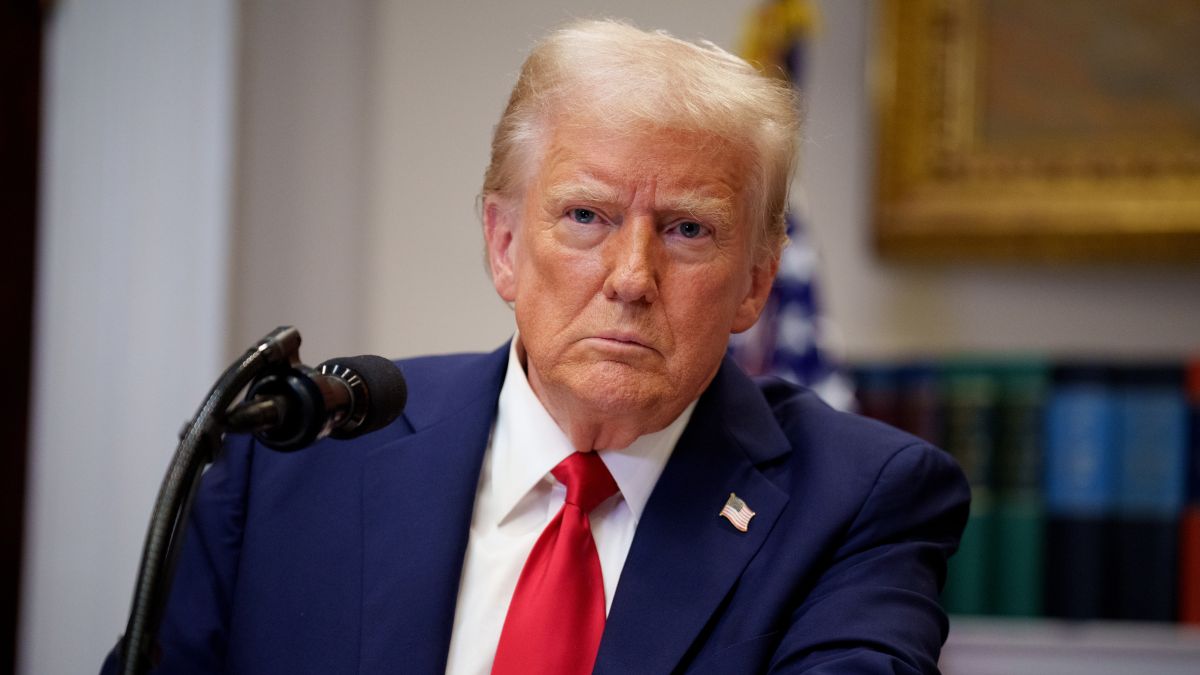
A federal judge in Massachusetts has dealt a major setback to President Donald Trump’s executive order that tried to claim sweeping federal control over elections and voter registration. The ruling, made on June 13, 2025, marks a clear legal defeat for the administration’s disputed efforts to push through election policy changes without approval from Congress. The judge’s decision to block the order temporarily highlights key constitutional principles about the division of power and who has the authority to manage election rules.
As found by CBS News, Judge Casper’s 44-page ruling carefully explained the constitutional and legal reasons for her decision. She noted that while U.S. citizenship is undeniably required to vote in federal elections, and federal voter registration forms already include a statement confirming citizenship, the key question was whether the President had the power to demand official documents as proof.
Her ruling emphasized that Congress holds the authority to set election rules, and current federal law does not require such documentation. Additionally, the ruling pointed out that the Election Assistance Commission, which was created by law, must follow a formal process (including public notice and input, as well as consulting with states) before making any changes to federal voter registration forms. The executive order appeared to skip this process entirely.
Trump’s attempt to interfere with voting rights blocked
The original executive order, signed by President Trump in March, aimed to introduce new rules requiring proof of citizenship for voter registration in federal elections. Beyond this main change, the order also touched on other parts of election administration, including altering mail-in ballot deadlines and setting voting equipment rules. These proposed “reforms” raised immediate concerns among many groups, with reports warning that the broad changes and the President’s apparent overreach could risk stripping millions of Americans of their voting rights.
The administration’s move to enforce these changes through executive action was widely expected to face legal opposition. This prediction came true when attorneys general from 19 states filed a lawsuit in April to stop major parts of the order. This is because dictators are known to do stuff like this. Even Stephen Colbert joked Trump was “bringing a taste of dictatorship back home.”
The Democratic Party and several voting rights organizations also launched separate legal challenges, leading to earlier court orders blocking parts of the Republican President’s directive. The latest ruling by U.S. District Judge Denise Casper follows the same path as these earlier cases, further strengthening the judiciary’s rejection of the executive order’s provisions.
The central issue in the legal battle was whether the President had the authority to make changes to federal elections. The U.S. Constitution clearly gives states the power to regulate the “time, place, and manner” of elections. While it allows Congress to step in and override state laws, it does not give the President any such power. Election experts had repeatedly pointed out that President Trump was trying to claim authority he did not have, making legal challenges against the order almost inevitable.
This executive order was linked to an earlier failed attempt by congressional Republicans to pass a law. Last year, lawmakers tried to push through a bill called the Safeguard American Voter Eligibility Act, or SAVE Act, which would have required proof of citizenship for voter registration, similar to a key part of President Trump’s later executive order. However, the SAVE Act was not passed in the Senate and never became law.
The President’s decision to then impose similar policies through an executive order was seen as an effort to bypass Congress and make policy without legislative approval. Critics called this approach a deeply flawed way of governing, suggesting that a president could simply enforce laws that Congress had refused to pass.
 (@MaxFlugrath)
(@MaxFlugrath) 